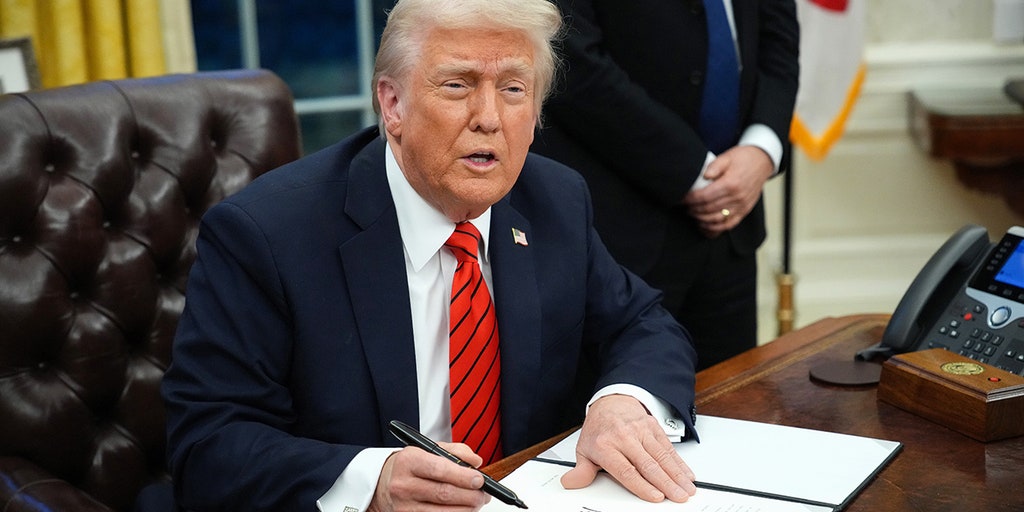Rx Revolution: Trump's Bold Move to Bring Drug Production Back to American Soil

In a bold move to bolster American pharmaceutical independence, President Donald Trump has signed a groundbreaking executive order aimed at revitalizing domestic drug manufacturing and streamlining the approval process for U.S. pharmaceutical facilities.
The executive order represents a strategic effort to reduce the nation's reliance on foreign pharmaceutical supply chains and accelerate the development of critical medical infrastructure within the United States. By cutting through bureaucratic red tape, the directive seeks to expedite the establishment and approval of new pharmaceutical plants, potentially transforming the landscape of drug production.
This initiative comes at a crucial time, highlighting the importance of domestic manufacturing capabilities, especially in light of recent global supply chain disruptions. The order not only promises to create new job opportunities in the pharmaceutical sector but also aims to enhance the country's ability to respond quickly to medical emergencies and public health challenges.
By prioritizing domestic production, the administration hopes to strengthen national medical security, reduce dependency on international suppliers, and ultimately lower prescription drug costs for American consumers. The executive order signals a comprehensive approach to reinvigorating the U.S. pharmaceutical industry and ensuring a more resilient healthcare supply chain.
